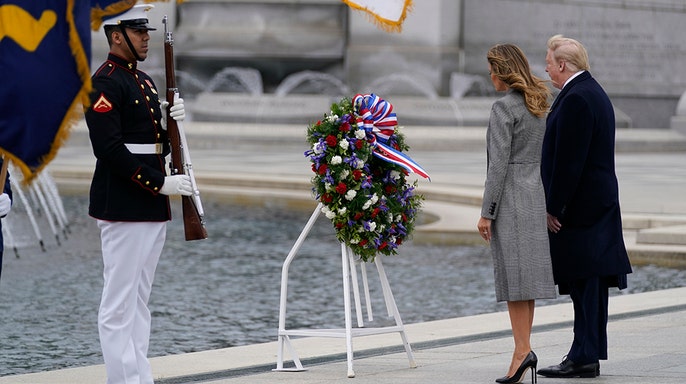
In a bold move to reignite American patriotic traditions, President Donald Trump announced today that May 8 will be recognized as “Victory Day” to honor the Allied victory in World War II. The declaration was made during a rally in Florida, where Trump addressed thousands of supporters, emphasizing the need to “start celebrating our victories again.”
“Too many people have forgotten what this country has achieved,” Trump said. “May 8th marks one of the greatest triumphs in human history. It’s time we remind the world — and ourselves — of what America can do when it leads.”
May 8, known historically as V-E Day (Victory in Europe Day), marks the official end of World War II in Europe, when Nazi Germany surrendered in 1945. While the date is recognized by historians and celebrated in various ways internationally, it has not traditionally been a major national observance in the United States.
Trump said his version of “Victory Day” would include parades, school programs, and tributes to veterans and wartime industries. He criticized what he called a culture of “apology and revisionism” and urged Americans to take pride in the nation’s military achievements.
The announcement received mixed reactions. Supporters praised the move as a patriotic revival, while critics warned that politicizing historical commemorations could lead to division.
Trump has not held office since 2021 but remains a dominant figure in American politics. His proposal is not an official federal holiday, but his campaign has signaled plans to push for legislation if he wins reelection.
Background on V-E Day:
Victory in Europe Day marked the end of World War II combat in Europe and was met with widespread celebrations in 1945. Over 400,000 Americans died in the war. While Memorial Day and Veterans Day are official holidays recognizing military service, Trump’s “Victory Day” aims to specifically commemorate the Allied victory itself.







